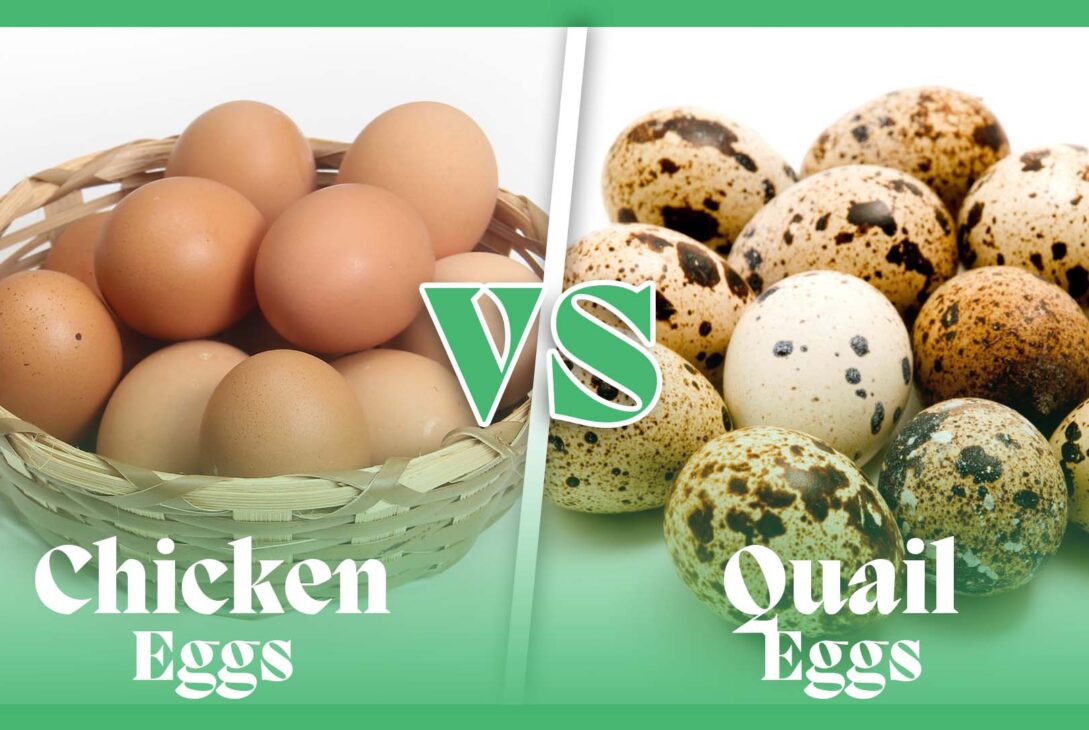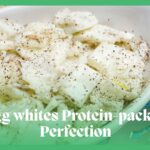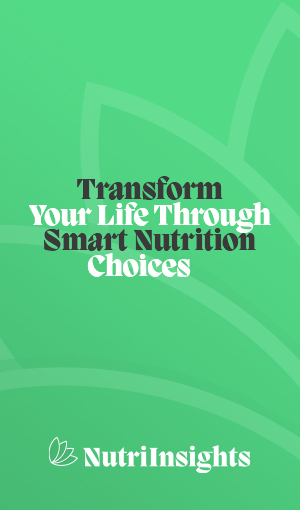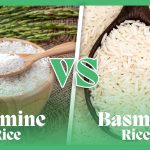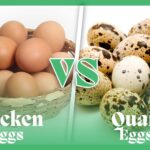Eggs have become an unquestionable main character in the colorful fabric of human culinary history, assiduously integrating themselves into our everyday meals throughout all cultures and countries. The fact that they are so widely popular is evidence of their adaptability and high nutritional content.
Knowing the complex dance of nutrients inside these unassuming shells becomes crucial for anybody trying to make educated dietary decisions. The nutritional profiles of chicken and quail eggs, despite their seemingly simple exteriors, have the potential to greatly affect our general well-being.
The main focus of our trip is this examination of the dietary nuances, which provides an insightful contrast between the robust and little quail egg and the well-known chicken egg. We set out on a mission to decipher the nutritional subtleties through this piece, enabling readers to make informed choices when it comes to food.
Chicken Egg:
Within the realm of nutrition, the chicken egg is a very adaptable and powerful food that provides our diets with an abundance of protein. Its humble shell conceals a wealth of vital amino acids that power our muscles and promote general wellness. Beneath its culinary allure, the chicken egg is a nutritional treasure trove that contains minerals including vitamins D and A.
The modest chicken egg steals the show in everything from sumptuous baked delicacies to dawn omelets, offering a straightforward but significant boost to our daily nutrition. Open one up to discover a world of healthy deliciousness!
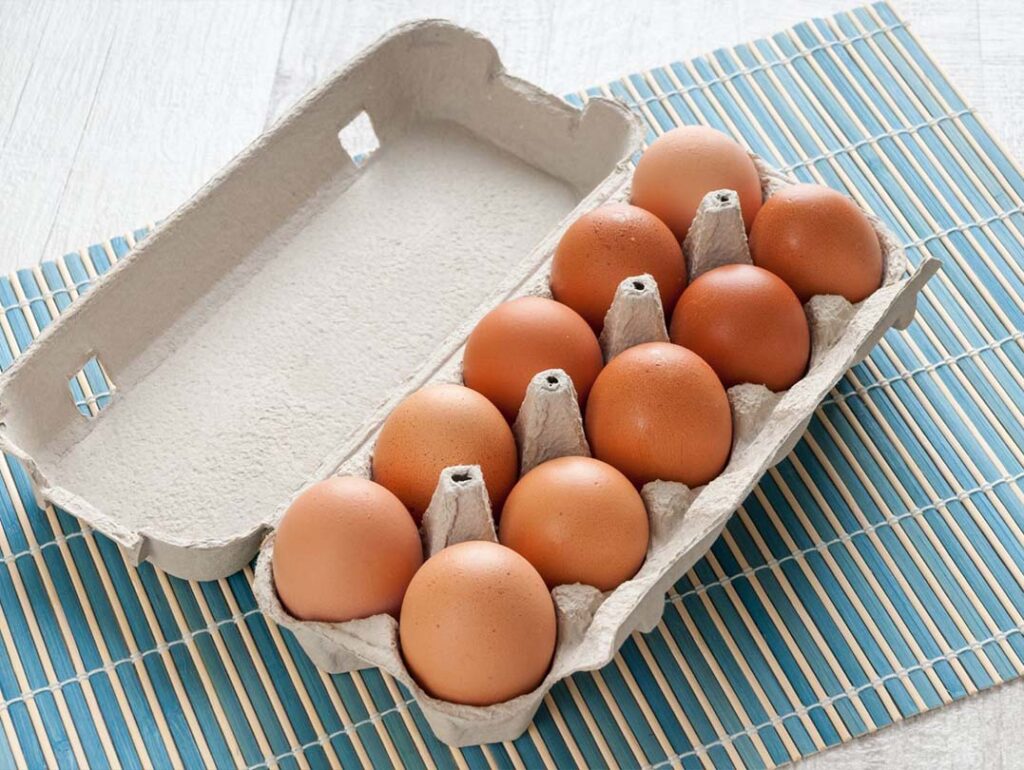
Quail Egg:
Meet the little yet formidable nutritious treasure known as the quail egg, the diminutive powerhouse of the egg world. Rich in protein, this small powerhouse maintains the vigor and strength of your muscles. Discover a potent combination of vitamins, including B2 and B12, inside its little shell to enhance your general health. Despite their diminutive size, quail eggs are packed with nutrients and provide a tasty and healthy complement to any meal. Be not deceived by its small size; the quail egg has a powerful ability to improve your overall health!
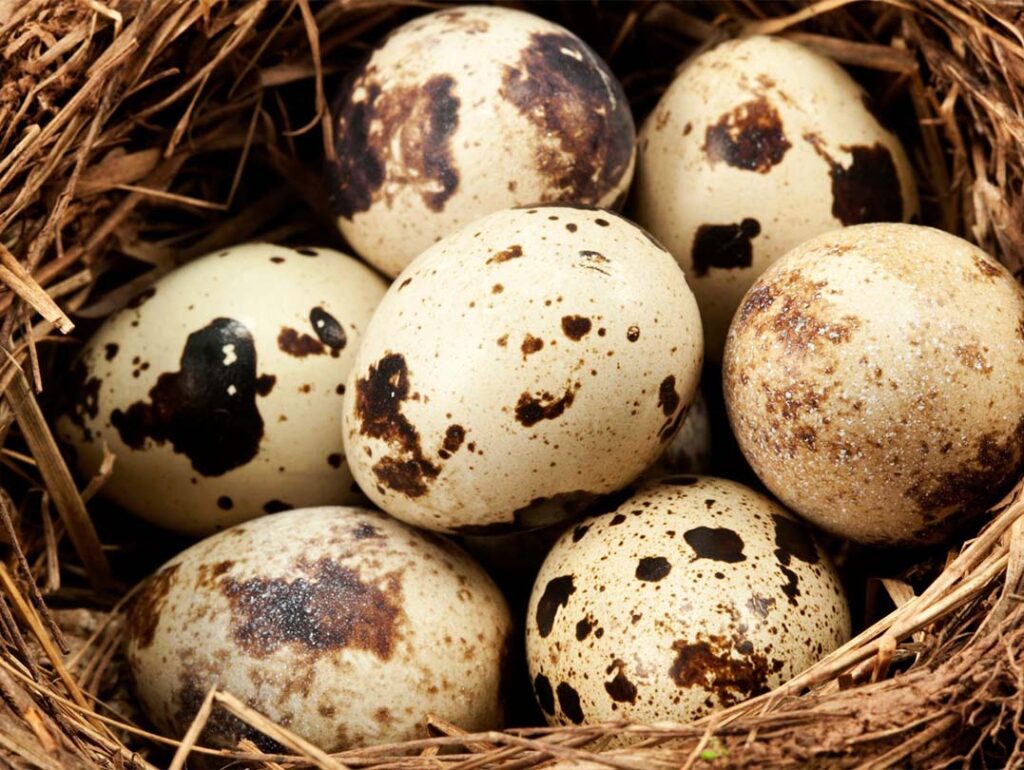
Nutritional composition of Chicken vs Quail Egg:
Let’s dissect the wonderful realm of macronutrients, the main actors that maintain our bodies supplied with energy and operation. First up, we have protein, the superhero of muscle growth. And then comes fats—not the evil sort of fats, but the good kind that our bodies require. Finally, the energy partners—carbohydrates—are worth mentioning.
Going into the minuscule world of nutrition, allow me to highlight the micronutrient composition found inside the fragile eggshells of quail and chicken. The chicken egg is a vitamin powerhouse, including vitamins A, B, D, and E for energy, eyesight, bone health, and antioxidant capacity. But the story gets more complicated when we use a comparative approach to learn about the vitamin content of quail eggs and understand the special contributions of these small but mighty creatures.
Now, turning our attention to the minerals, both types of eggs provide calcium, which is crucial for maintaining healthy bones, iron, which bolsters our energy, phosphorus, which supports cell function, and zinc, which supports immune systems. This symphony of minerals makes us think about our general health and serves as a reminder that these eggs are modest but contain a wealth of micronutrients that are essential for a strong and healthy body.
Now, egg lovers, fasten your seatbelts as we reveal the mysteries of the macronutrient profile, simplifying nutrition to the level of cracking an egg.
| Nutrient | Chicken Egg (per 100g) | Quail Egg (per 100g) |
|---|---|---|
| Calories | 155 kcal | 158 kcal |
| Macronutrients | ||
| Protein | 12.5g | 13g |
| Total Fat | 9.5g | 11g |
| Carbohydrates | 1.1g | 0.6g |
| Vitamins | ||
| Vitamin A | 540 IU | 1419 IU |
| Vitamin B1 (Thiamine) | 0.05 mg | 0.15 mg |
| Vitamin B2 (Riboflavin) | 0.5 mg | 0.8 mg |
| Vitamin B3 (Niacin) | 0.1 mg | 0.1 mg |
| Vitamin B5 (Pantothenic acid) | 1.4 mg | 1.5 mg |
| Vitamin B6 | 0.1 mg | 0.2 mg |
| Vitamin B7 (Biotin) | 19.4 µg | 25.6 µg |
| Vitamin B9 (Folate) | 47 µg | 47 µg |
| Vitamin B12 (Cobalmine) | 0.89 µg | 1.3 µg |
| Vitamin D | 87 IU | 144 IU |
| Vitamin E | 1.05 mg | 1.54 mg |
| Minerals | ||
| Calcium | 50 mg | 64 mg |
| Iron | 1.2 mg | 1.2 mg |
| Magnesium | 11 mg | 13 mg |
| Zinc | 1.0 mg | 0.8 mg |
| Phosphorus | 198 mg | 230 mg |
| Sodium | 140 mg | 71 mg |
| Potassium | 138 mg | 141 mg |
| Other Elements | ||
| Choline | 294 mg | 297 mg |
| Selenium | 31.7 µg | 14.5 µg |
| Essential Amino Acids | ||
| Isoleucine | 0.6 g | 0.7 g |
| Leucine | 1.1 g | 1.2 g |
| Lysine | 0.9 g | 1.1 g |
| Methionine | 0.5 g | 0.6 g |
| Phenylalanine | 0.7 g | 0.8 g |
Role in Human Nutrition:
Crack open the shells and explore the bounty of health benefits enshrouding every egg, and learn how these pantry staples fit into the complex puzzle of human nutrition.
Support heart health:
With a beneficial ratio of good (HDL) to bad (LDL) cholesterol, quail eggs may provide heart health support. This can help to maintain cardiovascular health. On the other hand, chicken eggs are high in omega-3 fatty acids, which have been linked to cardiovascular benefits, even if they do contain cholesterol.
Chicken eggs include omega-3 fatty acids, which may help maintain heart health and lower the risk of cardiovascular problems. This difference in the amount of fat and cholesterol highlights the special cardiovascular benefits that quail eggs provide.
Studies on the effects of omega-3 fatty acids on cardiovascular health, such as those published in the American Journal of Clinical Nutrition and the Journal of Cardiovascular Pharmacology, have provided evidence for the possible advantages of quail and chicken eggs. (1)
Improves eyesight:
Because they are an excellent source of nutrients that are healthy for the eyes, lutein and zeaxanthin in particular, quail eggs help maintain eye health. These antioxidants are important in avoiding age-related macular degeneration and are proven to support good eyesight. However, lutein and zeaxanthin are also found in chicken eggs, highlighting their potential to promote eye health and lower the incidence of age-related macular degeneration.
The fact that these healthy antioxidants are present in both kinds of eggs emphasizes how important they are for preserving eye health. Scientific evidence for the possible advantages of both quail and chicken eggs has been provided by pertinent research, such as those that have been published in the Journal of Ophthalmology and Investigative Ophthalmology & Visual Science. These studies have examined the beneficial effects of lutein and zeaxanthin on eye health. (2)
Bone health support:
By supplying vital minerals like calcium and phosphorus, which are necessary for keeping strong and healthy bones, quail eggs improve bone health. Conversely, the calcium content in chicken eggs helps to maintain bone health by promoting bone density.
Every variety of egg provides vital components and beneficial minerals for bone health. Studies on the importance of calcium and phosphorus in bone health, such as those published in the Journal of Bone and Mineral Research and the International Journal of Molecular Sciences; support the possible advantages of both quail and chicken eggs. (3)
Health benefits specific to Chicken Egg:
Overall metabolic well-being:
Due to their high vitamin B1 (thiamine) content, chicken eggs help to enhance energy metabolism, which is essential to the body’s vitality. Not only can people take advantage of the many culinary applications for chicken eggs, but they can also reap the nutritional advantages of Vitamin B1, which supports general metabolic health. (4)
Brain and skin health:
Chicken eggs are a great source of nourishment since they include omega-6 fatty acids, which are good for the skin and brain. Including chicken eggs in the diet is a practical way to obtain these vital fats for general health. (5)
Health benefits specific to Quail Egg:
More protein than a chicken egg:
Quail eggs have unique health advantages over chicken eggs, such as having more protein per egg, which makes them a great source of protein for building muscles, bolstering the immune system, and producing enzymes. Furthermore, quail eggs have a high concentration of selenium, a trace mineral that supports a healthy immune system and guards against oxidative stress.
Quail eggs may improve general health and well-being since studies, like those in the Journal of Nutritional Science, show the beneficial effects of diets high in selenium on immunological function. Quail eggs’ greater protein content and selenium content make them an important and healthy food option with particular health benefits. (6)
Less allergen than chicken egg:
Compared to chicken eggs, quail eggs may be less likely to cause allergies, according to research findings. Research that looked at the allergenicity of several egg kinds, including chicken and quail eggs, was published in the Journal of Allergy and Clinical Immunology. The results showed that there were variations in the protein structures of quail eggs, which might reduce their allergenicity in vulnerable people. (7)
Improves skin texture:
Quail eggs are a great source of vitamins, antioxidants, and other vital components that support healthy skin. These eggs’ biotin, selenium, and vitamin A content increase skin suppleness, fight oxidative stress, and lower the chance of developing early indications of aging. The presence of amino acids promotes the synthesis of collagen, guaranteeing firmness and durability.
Including quail eggs in a well-balanced diet helps feed the skin from the inside out, promoting a more youthful appearance. Before making major dietary changes, those with allergies or dietary restrictions should speak with healthcare providers. (8)
Support liver function:
Quail eggs are a great source of choline, an important vitamin that has been linked to some health advantages, including support for liver function and fat metabolism. Phospholipids, essential elements of cell membranes, are made of choline. It also contributes to the removal of fat from the liver, preventing fat from building up there and enhancing liver health in general. (9)
Boost immune system:
One important mineral that is well-known for boosting immune function is zinc. It is essential for the growth and operation of immune cells, and a lack of it has been associated with a higher vulnerability to infections. Due to their high zinc content, quail eggs help strengthen the body’s defenses against infections by promoting the growth and function of immune cells. (10)
Improves brain function:
Quail eggs are rich in B vitamins, including B1 (thiamine), B2 (riboflavin), B6 (pyridoxine), and B12 (cobalamin). These vitamins have a major effect on energy metabolism, cognitive function, and the synthesis of red blood cells. Additionally, choline—which supports memory, cognitive function, and overall mental wellness—is found in quail eggs. Choline is essential for brain health. (11)
Eggs from chickens and quails are the hidden heroes, providing a delicious potpourri of health advantages. From protein power to vitamin vibrancy, being different in size, but they all aim to improve our health.
So, whether you love the little powerhouse of a quail egg or the comforting familiarity of a chicken egg, also their shells are a treasure mine of nutrients ready to improve your health. These eggs are not just a culinary necessity but also a little yet powerful ally on your path to a better you—with each crack, you open up a world of healthful deliciousness!
References:
- https://doi.org/10.1161/01.ATV.0000057393.97337.AE
- https://doi.org/10.1146/annurev-nutr-071715-051110
- https://doi.org/10.3390/nu10121930
- https://doi.org/10.1007/s00592-008-0042-y
- https://doi.org/10.3390/ani9080573
- https://doi.org/10.1002/mnfr.200700330
- https://doi.org/10.3382/ps/pew033
- https://doi.org/10.1007/BF00203614
- https://doi.org/10.1097/MOG.0b013e32834e7b4b
- https://doi.org/10.1093/ajcn/68.2.447S
- https://doi.org/10.3389/fnagi.2023.124285

